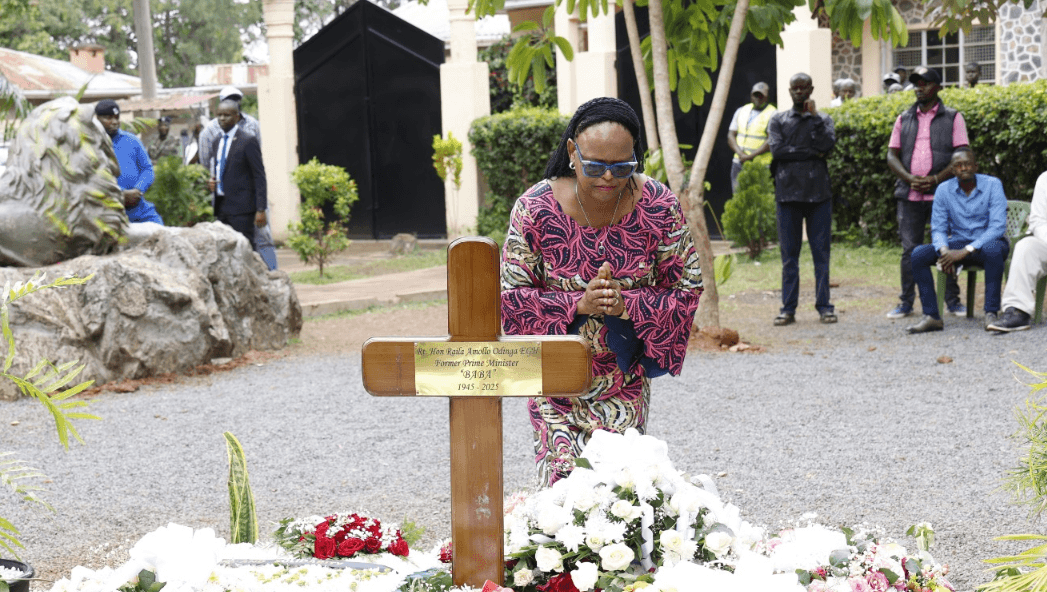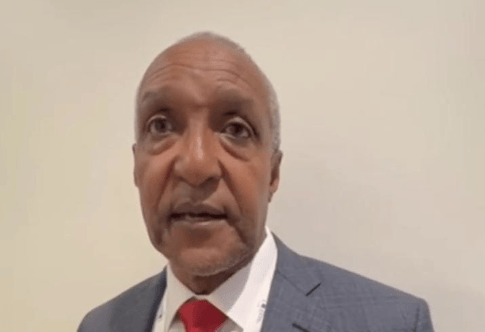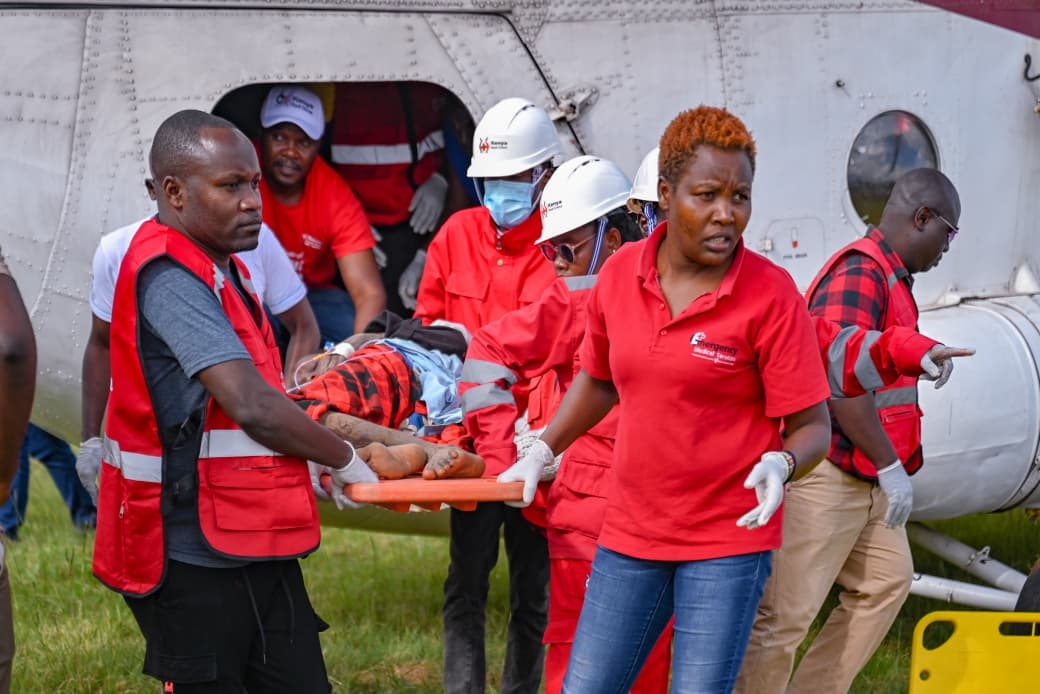State and non-state actors have been challenged to involve locals more in formulating and implementing climate change solutions.
The involvement of local communities in the identification of the problem and solutions will accelerate visible results in efforts towards climate change mitigation and adaptation, a workshop organised by the World Resources Institute was told.
The meeting brought together key stakeholders from government, civil society, academia, and the private sector to discuss the socio-economic and environmental aspects of Kenya's transition to a low-carbon economy.
The dialogue focused on green finance and the need to push for wider participation of the private sector in financing climate action instead of heavily relying on the government.
Green finance is a structured financial activity created to ensure a better environmental outcome. Green finance activities aim to increase the level of financial flows from the public, private, and not-for-profit sectors to green development priorities.
Kenya’s financing for climate action is guided by several national policies and frameworks.
They are the National Climate Change Fund (NCCF) established under the Climate Change Act (CCA) 2016, which intends to mobilise domestic and international resources for climate adaptation and mitigation.
However, the fund has yet to be fully functional because of the delays experienced.
Communities are benefiting from the County Climate Change Funds (CCCFs) to address climate resilience at the local level.
Rosemary Atieno, an activist, said that there is a need to bring grassroots to the negotiation table.
"There is a need to include locals in initiatives such as Floca. Develop activities that communities understand, and let the person on the ground participate even in their formulation. The answer lies with the local communities, they know where the problem is, and they have a solution," she said.
"Our involvement at the grassroots is wanting, we need to bring them to the table, and we must listen to that grassroot woman.”
Atieno said that there is a need to simplify climate change for rural people so that they can see their place in finding solutions, adding that there is still a challenge in the usage of big terminologies that are not understood at the grassroots level.
“Gaps have also been identified in training, especially not reaching the grassroots. People in government, in civil societies, love using big words that don't make sense to the people at the grassroots. For example, what is this Blue Economy? Does my grandmother understand it?”
Makueni Environment and Climate Change Department member County Executive Committee (CEC) Sonia Nzilani said there is a need for academicians to share their research findings with local communities where data was obtained.
Nzilani said many academicians and researchers go to present findings of their research in the farlands citing Europe.
"Why are you taking findings and solutions of a local problem to a faraway place, and the local, who has the problem and whose data you have, does not even know the outcome of that research you were doing?" she asked.
During the engagement, some of the ways to involve rural communities were discussed, including involving local communities in the formulation of solutions, unpacking development models, localising the green solutions, making communities understand why it is important and what role they can play, and using mainstream and community media to reach out to locals.
Others are identifying solutions and documenting them, forcing indigenous knowledge should be incorporated and training of trainers at the grassroots.
Director Strathmore Energy Research Centre Churchill Saoke explained the need to diversify streams of financing, not just focusing on the government but having the private sector intervene in financing climate change activities, especially at the local level.
Saoke added that there is a need for data-driven decision-making, technology acceleration, need for creating more awareness among communities to understand the clean technologies available to them.
“How can we have models that can help communities plug in at their levels, meeting their needs and being friendly to their economic capabilities?” Saoke asked.
The country has made strides in climate governance with policies including the National Climate Change Action Plan (NCCAP) and the Climate Change Act (CCA).
However, challenges of coordination between the national and county levels are yet to be addressed.
National Treasury Economist John Mbuthi said Vision 2030 has set goals with the country focusing on climate-smart agriculture, adaptation to climate change and climate-proofing of infrastructure.
“In Kilifi, for example, newly constructed roads were washed away by floods. Through climate-proofing, infrastructure will be sustainable despite the vagaries of Climate Change. Also focus is green energy, solar,” he said.
Mbuthia added that all projects implemented by the government have a climate-proofing component, especially infrastructure.
Communication expert Jackline Lidubwi said the media has a key role in building trust. This is despite the rise of citizen journalism, fuelled by social media advancement, and mainstream media, including TV and Radio which is still playing a key role in the verification of information and raising public awareness on various issues.
She said that information is not easily accessible to journalists, and sometimes scientists share complex information and data that make it difficult for the media to disseminate.
Lidubwi called for more training and capacity building and close working links between journalists and scientists.
Other issues raised were that there is a need to balance the political interests of the day and the long-term development goals both at the county and national level.
The need to mainstream green conversations to push for more local climate change transition financing.
The meeting heard that 60 per cent of the climate change financing transition should come from locally, while 40 per cent from international partners and sources.
On the global scale, Kenya’s emissions are low, contributing less than 0.1 per cent of global emissions. Agriculture accounts for 64 per cent of emissions, with energy contributing 26 per cent.








![[PHOTOS] Elgeyo Marakwet landslide victims arrive in Eldoret for care](/_next/image?url=https%3A%2F%2Fcdn.radioafrica.digital%2Fimage%2F2025%2F11%2F425460d9-7ff1-4975-8a1f-cd0aaefb7812.jpg&w=3840&q=100)


![[PHOTOS] 30 missing as rescue continues in Elgeyo Marakwet mudslide](/_next/image?url=https%3A%2F%2Fcdn.radioafrica.digital%2Fimage%2F2025%2F11%2F75a26195-578e-4133-b047-a2dce6b05d69.jpg&w=3840&q=100)
